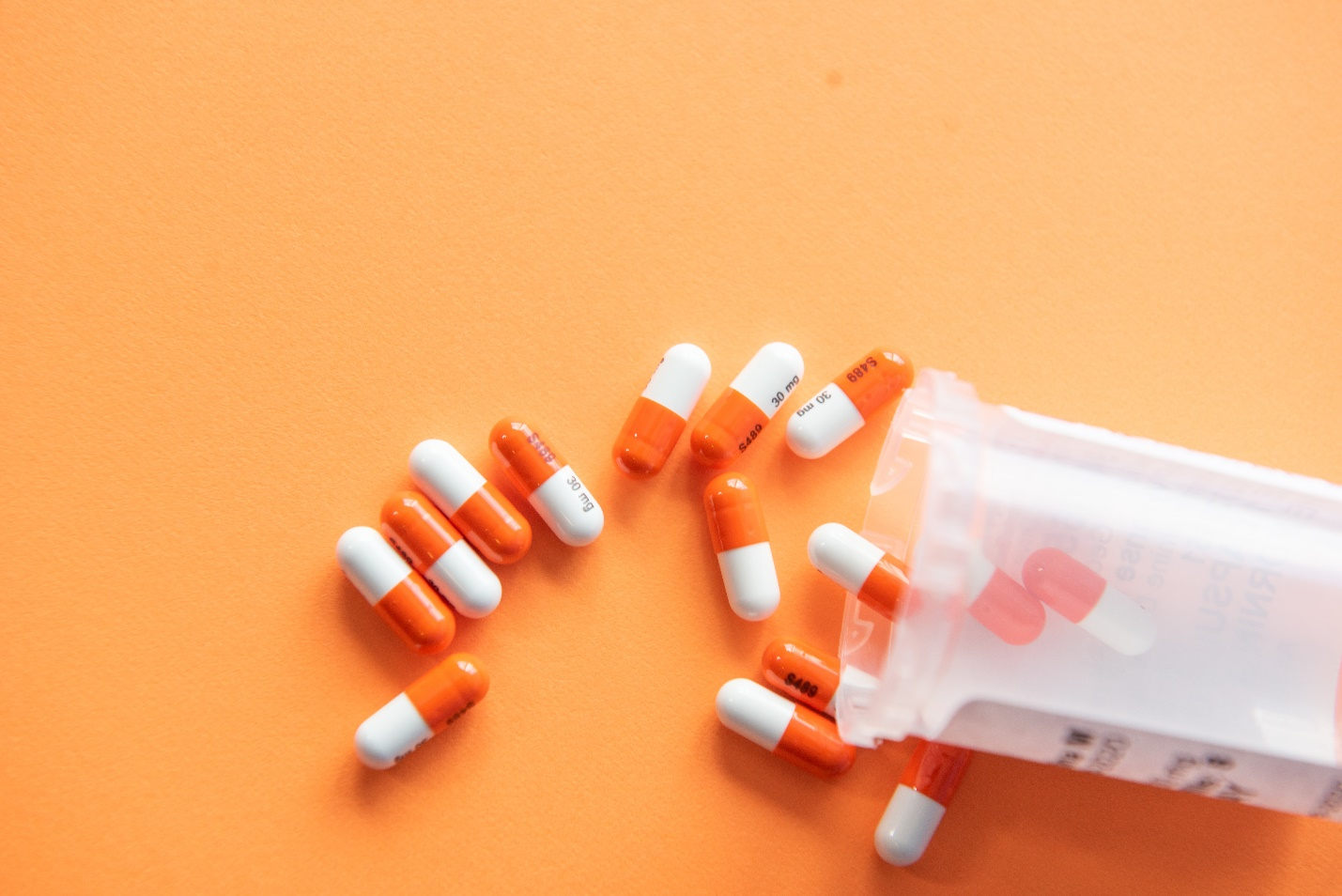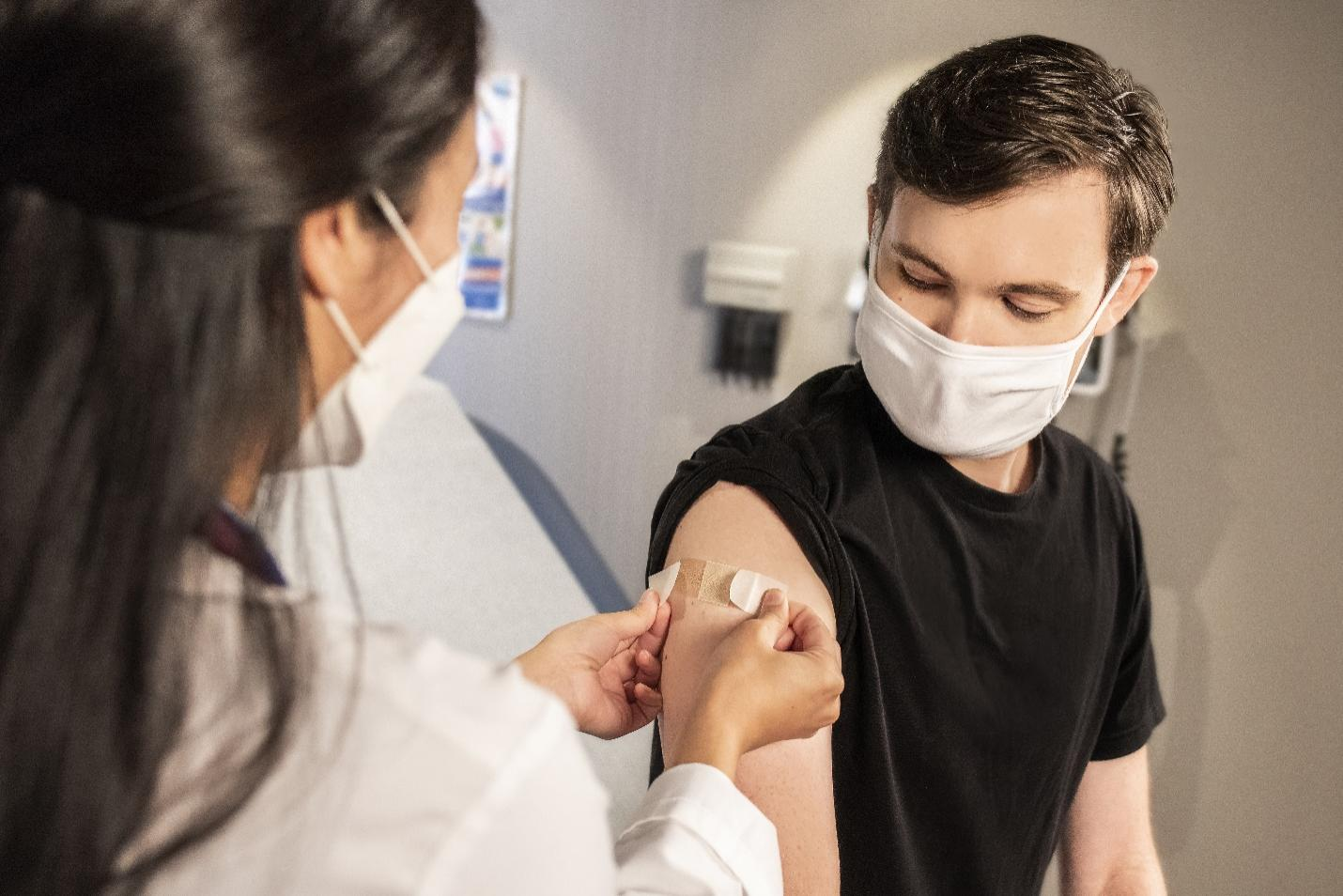How Do I Know If I Have GERD?
More than 15 million Americans have heart burn—a symptom of GERD. This condition is more common than you think, and affects not only middle aged men, but pregnant women, and children too. Affected individuals experience bouts of vomiting and experience chest pain; many find themselves unable to sleep or sit comfortably.

If you also have recurring heart burn, then get in touch with a virtual doctor. Continue reading this blog to find out more about GERD, and why it happens.
The Telltale Signs of GERD
Heartburn is the most common symptom of GERD. It's also known as acid indigestion, and it causes mild to dull pain that begins from the chest and moves upward toward the throat.
If you lie down immediately after eating, your symptoms may get worse, and last for up to two hours. Usually, people prefer to stand idly or walk to make themselves feel better. Other symptoms of GERD include:
- Feeling nauseous
- Breath developing a foul smell, and having trouble breathing because of a lump in your throat
- Difficulty in swallowing food and water
- A lingering cough or an asthma attack that comes out of nowhere
- Difficulty sleeping due to the pain in your chest
What Causes GERD?
The weakening of the lower esophageal sphincter or LES is responsible for triggering this condition, because once it opens, the delay in closing pushes the acidic contents of the stomach into the esophagus.

Am I At A Higher Risk?
You're at a higher risk of developing GERD if you have asthma. When an asthma attack happens, it relaxes the lower esophageal sphincter, causing the contents of the stomach to flow back toward the esophagus.
Similarly, if you have hiatal hernia, your risk of heartburn and acid reflux increases. This is because hiatal hernia damages LES and makes it weak. Other reasons that make you a target for GERD include obesity, pregnancy, gastroparesis, rheumatoid arthritis, scleroderma, and lupus.
What Foods Should I Avoid If I Have GERD?
Taking an antacid helps neutralizes the acid from the esophagus, but it's necessary to eat responsibly to avoid further encounters with GERD. =Simply limiting some types of food can help prevent heart burn. These foods include chocolates, citrus fruits, caffeine, peppermint and alcohol.
Similarly, be mindful of not lying down or sleeping immediately after a meal; instead, go on a short walk. Chewing your food thoroughly and eating smaller portions helps too.
However, whenever you feel a chest pain, get in touch with a doctor immediately. TelMDCare can help you and provide you with a treatment plan for GERD. Book an appointment with our virtual doctors. We also provide consultations for erectile dysfunction and strep throat infection.